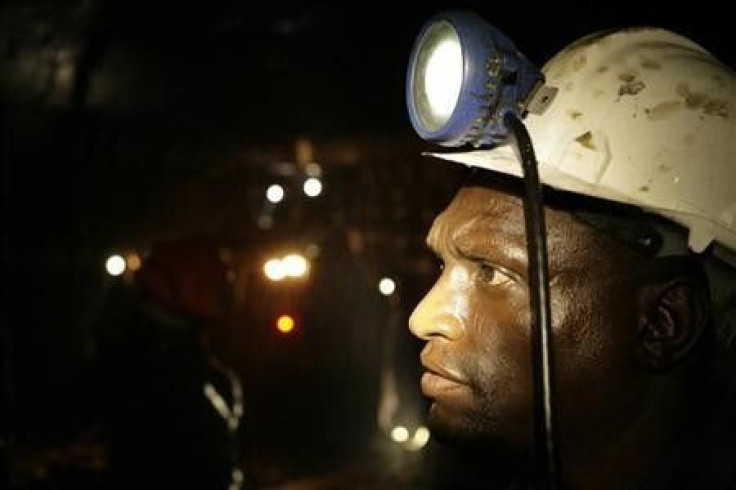Mozambique plans no local mine ownership targets

Mozambique has no plans to impose local ownership requirements on its mining industry and it will not seek overly high government stakes in mining ventures that could deter investors, its national director of mines said.
While some politicians in southern Africa have wanted the nationalisation of mines or have demanded that 51 percent stakes in companies be given to local blacks, as in Zimbabwe, Eduardo Alexandre said on Wednesday his government would seek to balance the interests of the country with that of investors.
We don't have any provisions in the mining law about local participation or state participation requirements for a project and we don't plan to change that, he told Reuters in an interview.
The former Portuguese colony has seen a flood of foreign investment on the back of a boom in its coal mining sector.
Alexandre said that state stakes in companies so far range from 5 to 20 percent, which seemed appropriate and would be decided on a case-by-case basis. Mozambique recently launched a state-owned mining company to represent it in various projects.
The purpose is not to have that company run mines. We merely think that the state should participate in strategic minerals, he said.
This would affect, among others, products such as coal for power generation and limestone, used in cement making.
Alexandre said changes to the mining law currently under discussion would be small and seek to streamline and simplify procedures rather than erect additional hurdles.
He said the new proposals would go for approval in early 2012 and should be passed in the first half of next year.
Alexandre said the country was getting ready for a major boost in coal production, likely to jump to around 40 million tonnes in five years's time and around 100 million tonnes in 10 years.
INFRASTRUCTURE WOES
Infrastructure bottlenecks are the main headache for miners setting up in Mozambique but Alexandre was confident there will be sufficient capacity for exports when new mines come online.
Together with the private sector, the government was looking at options to upgrade ports and railway lines and build new facilities. Most of the projects are likely to happen via public-private partnerships, he said.
We've been approached by several institutions to help us finance our infrastructure, the World Bank, the IFC and some others ...I don't think finding money to finance that infrastructure will be a big problem, he said.
Brazil's Vale, which started producing coal in the Moatize basin this year, has said it would invest $4.4 billion to build a coal terminal at the deep-water port at Nacala and a rail line via Malawi to link Nacala with its mines.
While Vale hopes to keep all of the 18 million tonnes of capacity the project will create for itself, Alexandre warned that others needed to be considered as prescribed by law.
If Vale invests in the Nacala railway, it doesn't mean it will be a private railway for Vale. Vale must let other companies use that infrastructure, he said, although he added that Vale would have preferential access to the line.
Rio Tinto is studying the option of transporting coal by barge down the Zambezi river. Alexandre expects the company to decide by the end of the first quarter of next year.
Several companies are vying for allocation on the 6-million-tonne Sena railway line connecting Tete province, where most of the projects are, with the port at Beira and Alexandre said take-or-pay contracts for allocation were being considered.
Mining as a percentage of GDP currently makes up less than 5 percent, but with more coal and other mining production coming on stream, it is likely to rise to 12-15 percent in 10 years.
We have another coal basin in the north of Mozambique in the province of Niassa and some companies are exploring there. In five years from now, we may also have some mines there, Alexandre said.
Mozambique has another law on mega projects which asks companies to sell between 5 to 20 percent of their equity to local investors but the government can choose whether or not to apply that to mining.
© Copyright Thomson Reuters 2024. All rights reserved.











